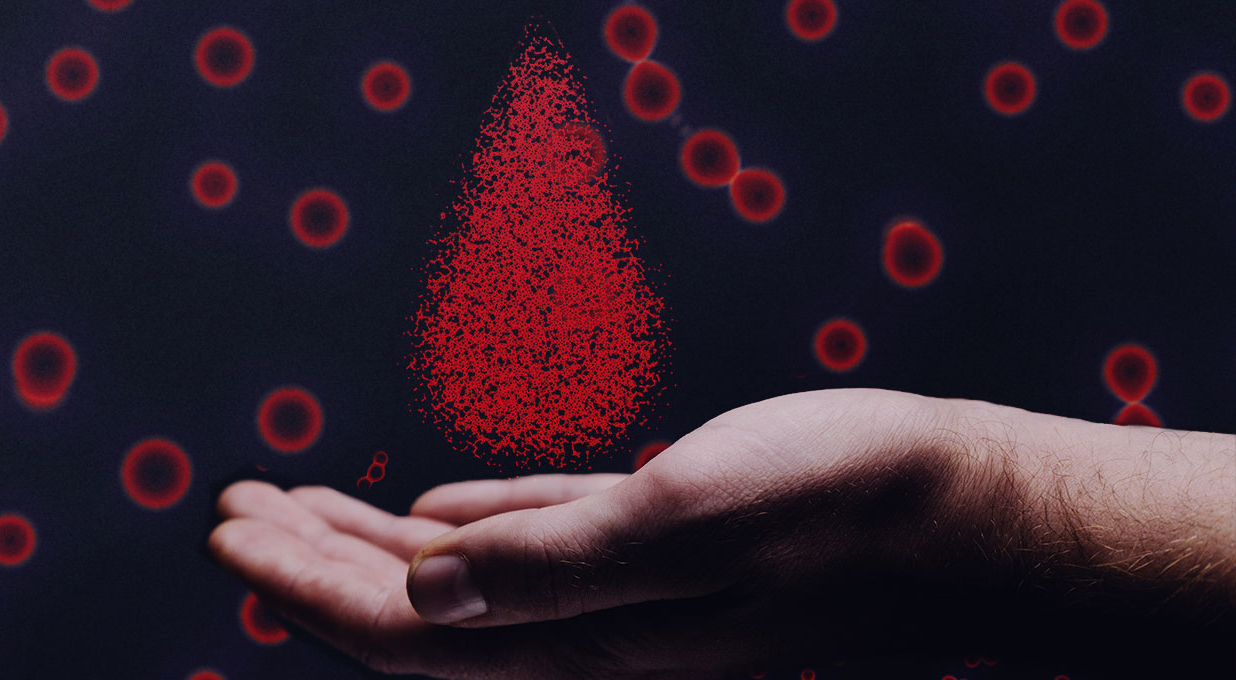Hematopoiesis
by trainees, for trainees

Hematopoiesis is a publication created by trainees, for trainees. This platform serves as a virtual space for learning, connection, and collaboration among hematology-focused trainees and researchers at all levels.
See the latest articles, listen to the Hematopoiesis podcast, check out our featured stories, and consider adding your voice to our growing list of contributors!
Hematopoiesis Articles
Latest Content
Browse the latest trainee-authored case studies and articles driving conversation in the field of hematology.
Article
Hematology Around the World: Lessons Learned in Malawi
Global hematology is often framed as a future aspiration taking shape as infrastructure and workforce capacity mature. In Malawi, global hematology unfolds in crowded clinics, wards, and blood banks where sickle cell disease (SCD), cancer, and transfusion medicine intersect.
Read Article
Articles
Community Health Promoters Reimagining Comprehensive Care for Children With Sickle Cell Disease
Due to a lack of newborn SCD screening and limited access to medications, it is estimated that more than half of children with SCD will die before age 5 in this setting. There is a critical need for equitable approaches to addressing this disparity.
Read Article
Article
Expanding Global Bone Marrow Transplantation Access: Experiences From Guatemala
My name is Byron, and I am a hematology fellow in Uruguay. I was born and raised in Guatemala alongside my two sisters, guided by my mother who is a physician and my father who is a veterinarian.
Read Article
Case Study
Perplexing Pediatric Pancytopenia in Tanzania
Pancytopenia has a broad differential in pediatrics, including infectious bone marrow suppression, bone marrow failure syndromes, and hematologic malignancies. While clinical features aid diagnostic evaluation, definitive diagnoses often require specialized testing that isn’t globally accessible.
Read Case Study
Hematopoiesis Podcast
Featured Content




